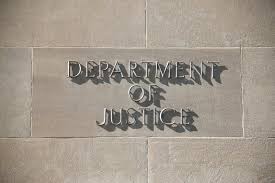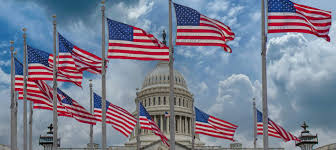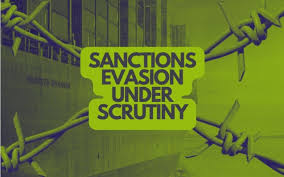Supply Chain Sanctions Liability — The Importance of Supply Chain Audits (Part III of IV)

Global companies face significant risks in their supply chains of compliance with OFAC’s economic sanctions regime. OFAC has emphasized the importance of conducting supply chain risk assessments and audits.
A supply chain audit (akin to UFLPA and conflict minerals) is essential to assess, monitor and manage risks. Even though parties are not in direct privity, a company that sources materials from a prohibited party or country, can be held liable under existing sanctions regimes. To this end, companies should carefully identify geographic locations of suppliers, and proximity to prohibited countries or entities, to assess the specific product or service sanctions risks.
The scope of supply chain liability was demonstrated in OFAC’s 2019 settlement with e.l.f. Cosmetics (“ELF”), a California cosmetics company, for nearly $1 million, for violation of the North Korea sanctions program.
The specific facts are instructive and demonstrate OFAC’s aggressive enforcement of supply chain liability – On January 31, 2019, OFAC announced a $996,080 settlement with e.l.f. Cosmetics, Inc. (“ELF”), a California cosmetics company for violation of the North Korean Sanctions Regulations. (Copy HERE). ELF violated the North Korea sanctions by importing 156 shipments of false eyelash kits from two suppliers in China that contained materials sourced by these suppliers from North Korea. The total value of the illegal shipments was approximately $4.4 million. ELF’s OFAC compliance program was non-existent or inadequate.
ELF imported 156 shipments of false eyelash kits from two suppliers in China that contained materials sourced by these Chinese suppliers from North Korea. ELF did not know nor did it ever discover that 80 percent of the false eyelash kits contained materials from North Korea.

ELF’s violations and failure to act occurred as part of its supply chain risk management. ELF failed to discover that approximately 80 percent of the false eyelash kits supplied by two of ELF’s China-based suppliers contained materials from North Korea. ELF self-disclosed the apparent violations
In explaining the basis for holding ELF liable for these illegally sourced products in its supply chain, OFAC cited the high risk nature of the transactions given the proximity of the Chinese suppliers to North Korea, and ELF’s failure to conduct any supply chain audits to verify the actual source of the materials in its supply chain. As part of its remediation, ELF instituted enhanced supplier audits and compliance certifications to mitigate future violations of sanctions.
As noted by OFAC, ELF failed to exercise sufficient supply chain due diligence while sourcing products from a region that poses a high risk of connection to North Korea. To remediate, ELF: (1) implemented supply chain audits that verify the country of origin of goods and services used in ELF products; (2) adopted new procedures to require suppliers to sign certificates of compliance stating that they will comply with all U.S. export controls and trade sanctions; (3) conducted an enhanced supplier audit that included verification of payment information related to production materials and review of supplier bank statements.

According to OFAC,
This enforcement action highlights the risks for companies that do not conduct full-spectrum supply chain due diligence when sourcing products from overseas, particularly in a region in which the DPRK, as well as other comprehensively sanctioned countries or regions, is known to export goods. OFAC encourages companies to develop, implement, and maintain a risk-based approach to sanctions compliance and to implement processes and procedures to identify and mitigate areas of risks. Such steps could include, but are not limited to, implementing supply chain audits with country-of-origin verification; conducting mandatory OFAC sanctions training for suppliers; and routinely and frequently performing audits of suppliers.















